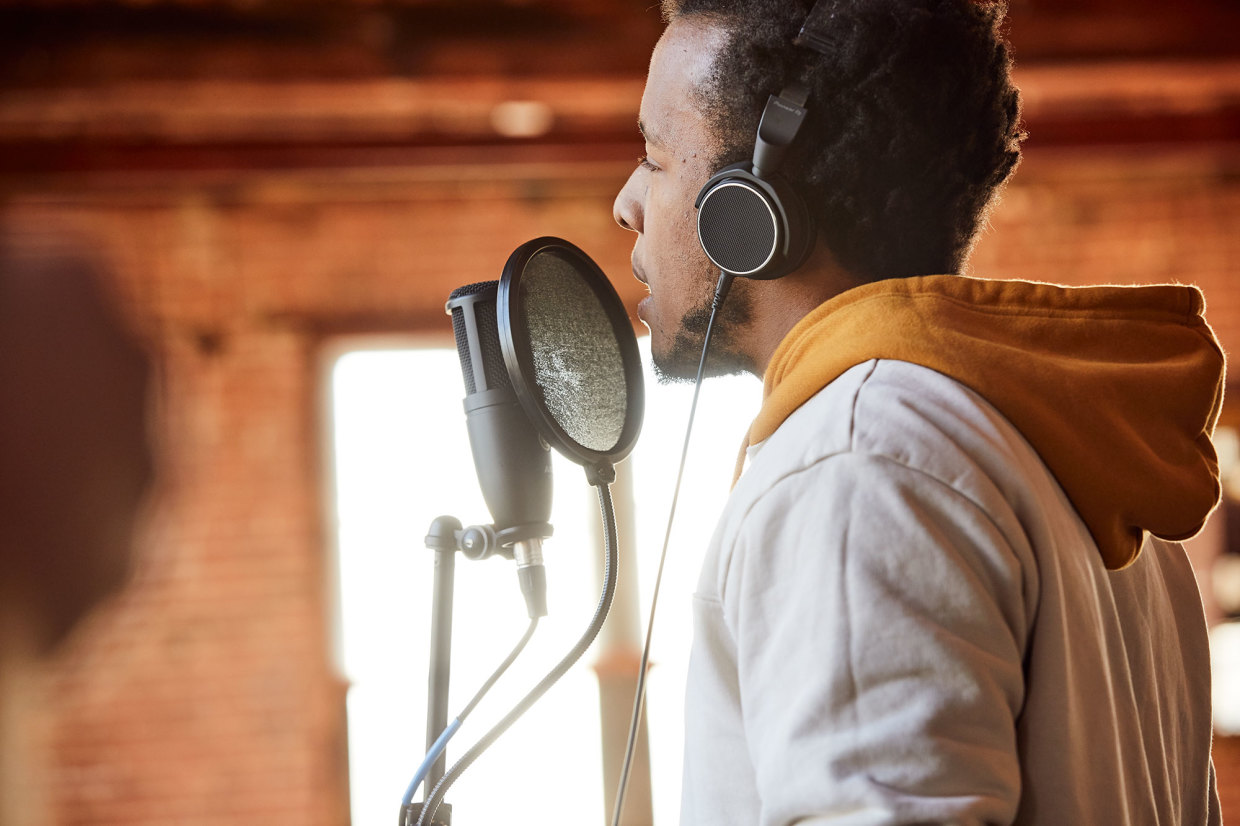Music publishing 101
Music publishing 101


It’s always best to get an expert opinion when it comes to your career – but to get you started, we’ve summarized some basics of music publishing here.
Just as every rose has its thorn, every song has two parts.
Musical composition: instrumental without lyrics, or music and lyrics (lyrics alone would be a poem) that you’d see on a piece of paper
Sound recording: an artist’s performance of the composition; what you’re hearing
The way you probably think of a song is as a recording, because that’s the experience of hearing a track. The recording is the sounds themselves as an mp3, or a CD or any other listening format. The composition is the ideas, words and musical structures that make up the framework of a song.
Let’s travel back to 1984 when Prince wrote the song “Nothing Compares 2 U.” Maybe he didn’t record it right away, but he wrote it down. Its existence is the composition. In 1990, Sinead O’Connor made a recording of Prince’s song, and it became a smash hit.
Both the recording and the composition have rights associated with them that are worth money. Generally, record labels administer rights in the recordings [Master Recordings], publishing companies administer certain rights in compositions.
So when Sinead O’Connor recorded “Nothing Compares 2 U,” her record label owned the recording and paid her a royalty for her work on it as the recording artist. Her label sold her recording of Prince’s song, and since they were using Prince’s composition, they paid Prince’s publisher, who then paid Prince – whereas collecting societies and PROs (if you read to the bottom, you will find out the definition of this acronym) administer other rights in compositions.
For public performances of the song, such as when the song was played on the radio or in a bar, the collecting society or PRO that controlled public performance rights in the musical composition was paid royalties by the radio station or bar.
The publisher’s role in this example is to ensure Prince has registered his composition correctly with the copyright office and the PRO, and that the record label has properly licensed the composition and is accurately reporting what is owed to the publisher.
How music publishing affects you
As an artist on SoundCloud today, if you wrote and recorded everything in a song you upload to SoundCloud (and you own all of the rights in the song) and are monetizing – you’ll get paid for both the recording and the composition. You’ll get paid for the recording by SoundCloud directly. But before you get paid for publishing rights of your song (the composition), there are a few things to know. You might want to copy / paste the following section into your notes.
Being a music publisher means you have a publishing company that you use to administer your publishing income streams. There are two basic kinds of income streams for music publishing rights: public performance and mechanical reproduction.
Public performance = any time your composition is “performed” in public. In addition to concerts, this includes plays on the radio and TV shows (which include additional Synch license fees that we won’t get into now) as well as interactive streams.
Mechanical reproduction = any time someone makes a copy of your composition for distribution, whether this is a CD or download or vinyl record.
How to collect publishing royalties for your composition
In addition to earning royalties from your sound recordings, you may also be eligible to collect royalties from the compositions underlying your sound recordings if you own or control the applicable rights.
The most effective way to make sure that you can collect public performance royalties for your songs is to choose a PRO (Performing Rights Organization) as soon as the composition is written, as a PRO’s main responsibility is to collect public performance royalties for songwriters. There are three major PROs in the US (ASCAP, BMI, SESAC) and a few smaller boutique ones, so do your research. In Europe (and in other regions around the world) there is typically one performing rights organization or society per territory, with a few exceptions.
Mechanical reproduction royalties will be paid to you either directly (if you have not signed an agreement with a music publisher) or by a music publisher (if you have signed an agreement). The most effective way to make sure that you can collect those royalties is for you or your music publisher, if applicable, to register your songs with the parties that use your music and/or companies which administer royalty payments on their behalf. SoundCloud currently uses Music Reports Inc. (MRI) to administer payment of mechanical reproduction royalties in the US.
To find out more about MRI, visit https://www.musicreports.com/